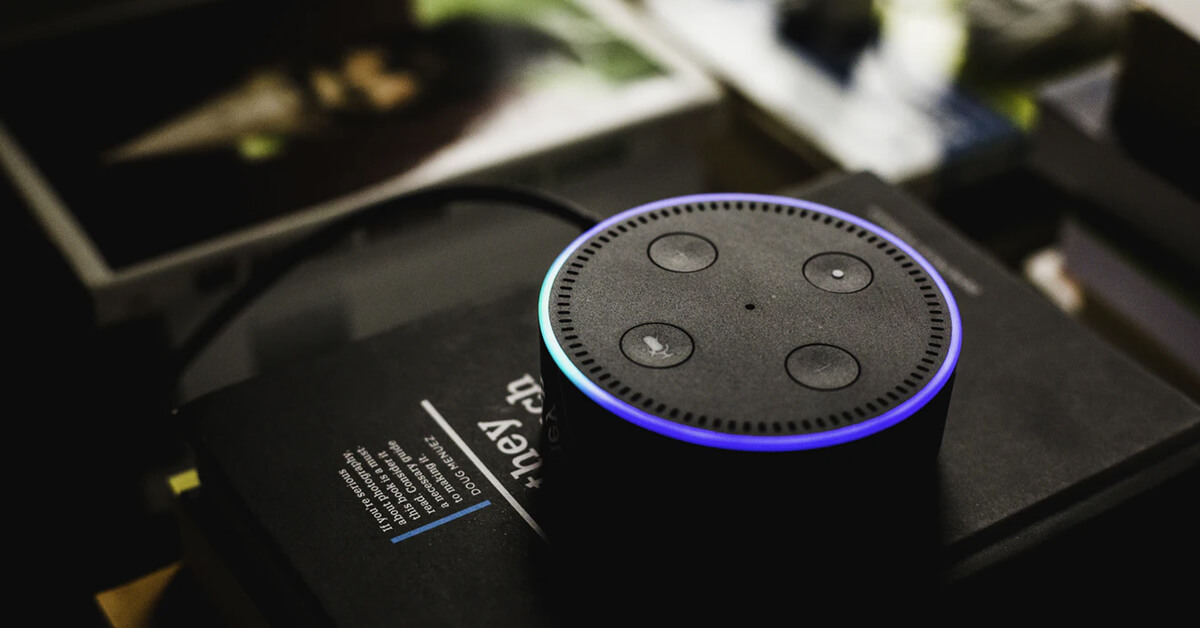There’s no denying that times are changing; that the way we search is evolving and advancing in new and exciting directions.
In just a few short years, we have progressed from simple 2 two word text searches to more complex 6-10 keyword phrases and searches done by voice. In fact, according to Bing, 25% of their searches are voice searches, whilst for Cortana they make up a third of their searches.
And this number is rising…

What do these figures mean?
The truth is times are changing. With every advancement in technology we are improving the way we search and this is fantastic news for you.
True, this figure by Bing is amplified as 3 of the world’s top voice assistants – Apple’s Siri, Microsoft’s Cortana and Amazon’s Alexa – are all powered by Bing; however the reality is every browser is experiencing this same rush of interest and are all heading in this same direction.
Google for instance has not only repeatedly shown a great interest in voice search, but also machine learning, where potentially your phone/computer/tablet will eventually be in a position to learn and evolve with its interpretations of the human voice.
Why is voice search better than text search?
Would you believe that we approach these 2 methods differently? It’s true.
Whilst with a text search we adopt computer speak and opt for shorter phrases with no fillers; with voice searches we use natural language, so if we’ve got a question, we tend to ask the whole thing.
Essentially we alter our behaviour, as voice searches have been deliberately designed to be more convenient and user friendly.
What does this mean for digital marketers?
From Google’s microphone to Amazon’s Echo, digital personal assistants are increasingly becoming the norm across computers and mobile devices, so it is only natural as a digital marketer that you embrace this phenomenon.
After all, with 43% of teens using voice searches to call someone and 40% of adults using it to ask for directions; every day we are becoming more reliant on electronic devices to manage our lives.
Homework, dictating texts, searching for restaurants and fastest routes – if we need help we turn to our phone.
Yet this is not the only perk…
With screens shrinking and buttons becoming smaller, voice searches eliminate unwanted spelling mistakes and make it easier for you to navigate; essentially allowing for a more efficient search.
Add into the equation that Google’s speech recognition error rates are only 8% (down from 25% 2 years ago) and your questions no longer have to be abbreviated into simple phrases.
So what are you to do?
As a digital marketers, the first step to dealing with this evolution is recognising the difference between text and voice searches, and adapting.
- Query length – unlike text where you need to abbreviate your search to 2-3 choice terms in order to achieve optimum results; with voice searches you can more accurately direct visitors as they won’t be afraid to divulge the full extent of their intent.
So instead of dealing with ‘Paris vacation’, with voice search users can be more specific in their searches i.e. ‘Cheapest Paris vacation hotels and packages.’ - Questions – the truth is every search we do is based on a question, yet when we type them into our desktops using computer language, they lose the question and become basic. With voice searches you can ask your actual question and get the response you want. The key to getting the best results is using relevant question keyword phrases e.g. ‘How much do average Paris vacations cost?’
- Intent – as we’ve already mentioned before, the biggest difference between text and voice searches is: with voice searches your use of natural language more clearly shows your intent. So whereas in the past digital marketers have had to guess what visitors mean by ‘digital camera’; with a voice search you will quickly be able to assess whether people are searching with the intent to buy, have one repaired or are looking for stock images.
At the same time, you’ll quickly be able to identify your highest value question phrases, which you can then optimise (this technique can also be applied to your ads). - Be aware of your audience – according to recent research, voice searches are three times more likely to be locally based, than text searches. This means when formulating your strategy you need to consider your local presence and get smart with your keywords.
- Faster answers – it is little wonder that voice searches trigger faster answers in SERPs thanks to their use of question words. Locally based, they allow users to see results without the need to check out of the web page.
To make full use of this we suggest keeping your local listings, business listings and your site up-to-date and active.
Verdict
Whilst text searches should never be overlooked, we are progressively moving towards a future where voice searches will be the height of internet use. Already the likes of Cortana can ascertain the time, your location and your method of travel – as well as your existing likes and dislikes – to influence its responses to your questions.
And it is only set to get better.
So whether you’re a digital marketer looking to revamp your marketing techniques or you’re simply a user hoping to understand more about voice searches – all you need to know is that voice search is the way of the future.



